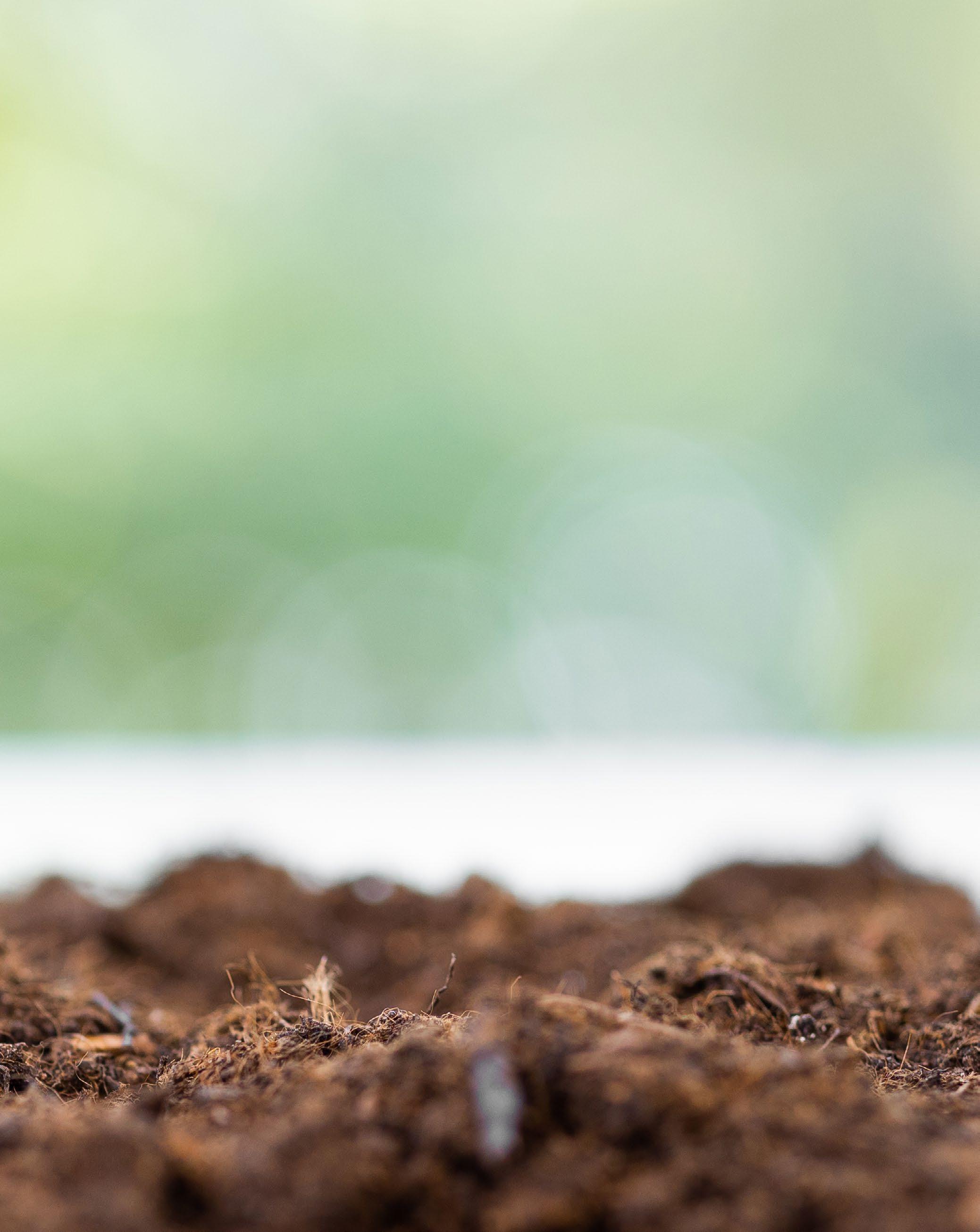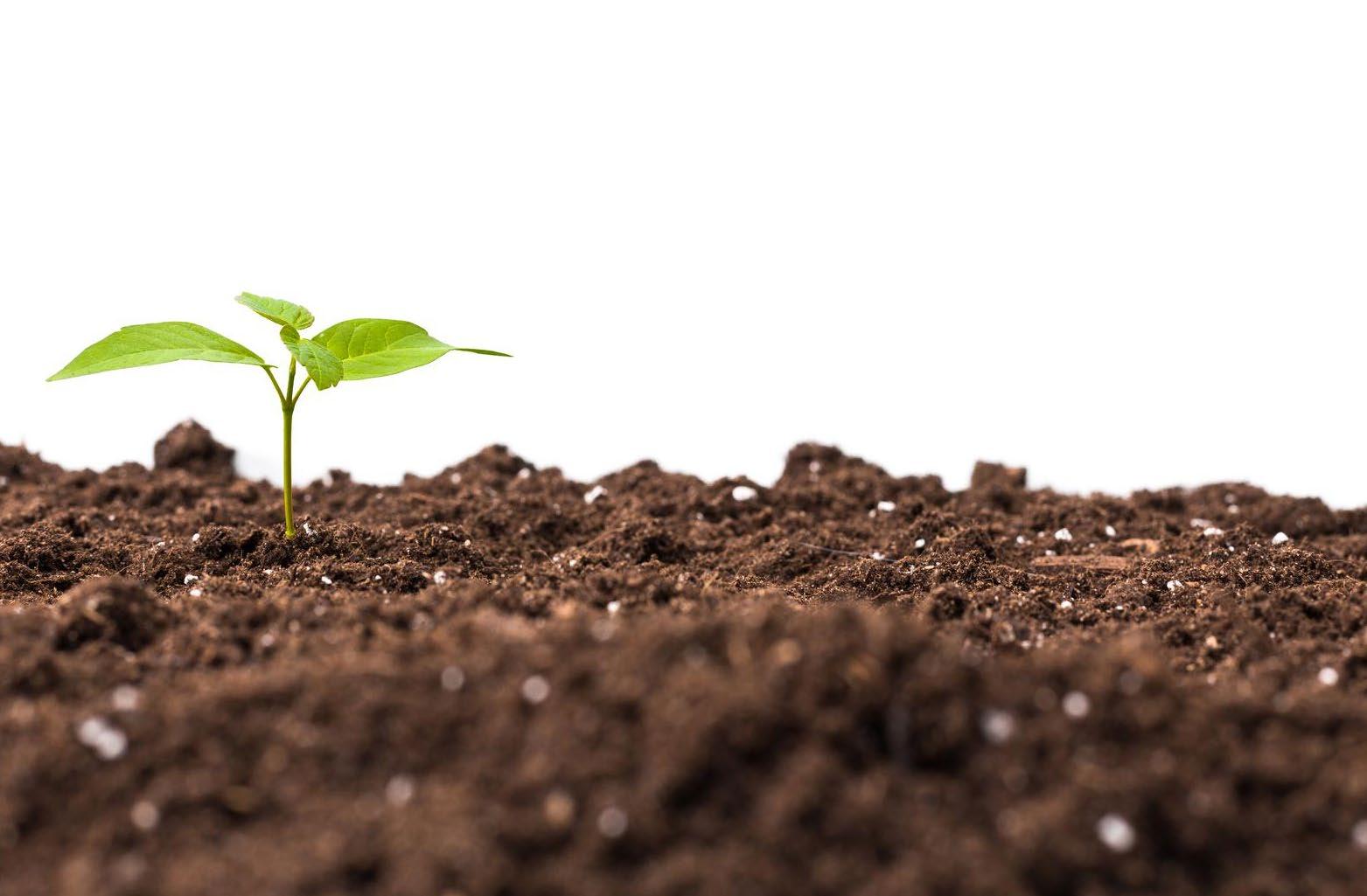
1 minute read
Future Farming Soil Health
Written by: Donna France
One of the key ways to maintain soil health is through the use of cover crops. These are crops that are grown specifically to cover and protect the soil, rather than for harvest. Cover crops help prevent erosion, retain moisture, and add organic matter to the soil. They also provide a habitat for beneficial insects and microorganisms that help improve soil health.
Advertisement
Another important aspect of soil health is the use of organic matter. This includes things like compost, manure, and crop residue. Organic matter helps improve soil structure, water retention, and nutrient levels. It also provides a food source for beneficial microorganisms, which help break down nutrients and make them available to plants.
In addition to cover crops and organic matter, it’s important to rotate crops to prevent soil depletion. Growing the same crops in the same soil year after year can lead to nutrient depletion and the build-up of pests and diseases. By rotating crops, we can ensure that the soil stays healthy and balanced. Finally, it’s important to minimize soil disturbance. This means avoiding practices like tilling, which can damage soil structure and lead to erosion. Instead, we can use techniques like no-till farming and conservation tillage, which help preserve soil health while still allowing for effective crop growth.
Soil health is essential for the future of farming. By using cover crops, organic matter, crop rotation, and minimizing soil disturbance, we can maintain healthy soil that supports sustainable crop growth. So, let’s start paying attention to soil health now, before it’s too late. Our future depends on it.












